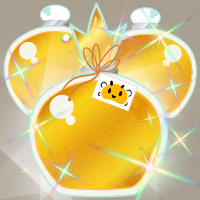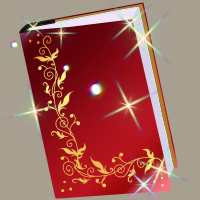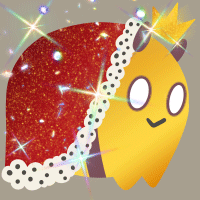Jun 19, 2023
To:Pope Evaristus
Oh my gosh, this comment absolutely made my week. Thank you, thank you.
To avoid writing an entire novel in response, let me just say that you're not missing much with the Utena reference here. It's not got anything to do with Why Aina did what she did, just a reflection of her guilt afterwards.
You're absolutely right though: There was little to no motivation. I don't want to spoil any of the upcoming books, but that fact there was no reason for it does have some importance. Until then, one way to think about it is this. You know the expression that you don't really learn who someone is until you've seen them at their worst? Well, Aina just learned who she really is.
I definitely could have done a better job conveying that. Meipouchou was my first attempt at writing fiction in my adult life, and there are definitely clumsy aspects to it. Despite that, I'm really thrilled that it kept you engaged until this part. I know I definitely have a propensity to lean too much on references, even in the first book, and some of the references are very old. If you've never seen LOGH, for example, the fact that Akira calls the GINZUISHOU an "Artemis Necklace" doesn't really convey what he means.
I really hope you enjoy your vacation. I'm looking forward to reading more Just East of Eden when/if you post more. Honestly, every time I read a chapter, I can tell that I still have a long, long way to go as a writer.
And yes, I agree. Karin was my favorite as well.
![]()










![]()









